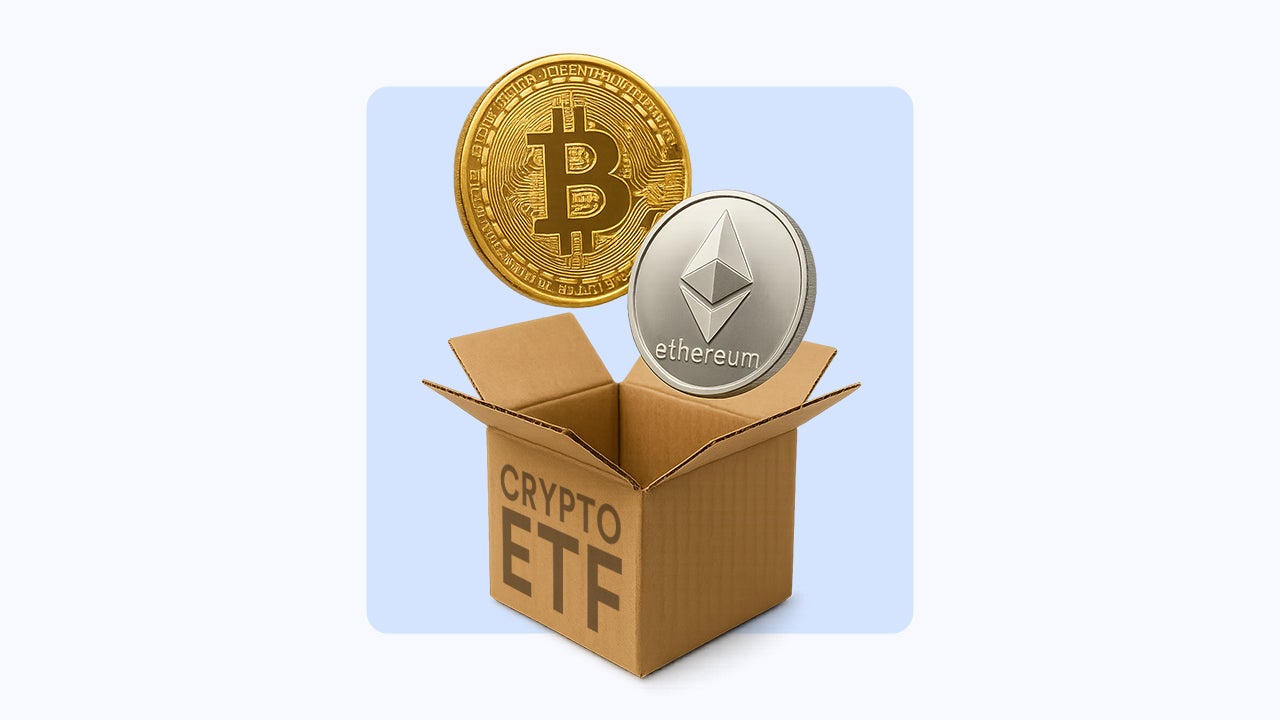Musk-Trump Spat and DOGE Exit Negatively Impact Dogecoin

A highly public and escalating feud between entrepreneur Elon Musk and former President Donald Trump has sent significant shockwaves across financial markets, creating substantial turmoil, particularly for cryptocurrencies and companies closely associated with Musk. This conflict, characterized by sharp verbal exchanges, accusations, and threats, has led to pronounced market volatility and widespread investor unease.
The current tensions appeared to gain momentum following reports of Musk's departure from a Trump administration initiative known as the Department of Government Efficiency (DOGE). The disagreements intensified publicly over issues such as Musk's vocal criticism of a presidential spending bill and Trump's decision to withdraw the nomination of Jared Isaacman, an ally of Musk, to lead NASA. The war of words reached a critical point when Trump stated he was "very disappointed" in the Tesla CEO. Musk retorted on the social media platform X (formerly Twitter), claiming Trump would have lost the election without his support. Trump then publicly called Musk "CRAZY" and threatened to cancel his government contracts. This direct confrontation contributed to a sharp decline in Tesla's stock, which fell by 14% in a single day's trading. Musk further escalated the exchange on X, posting "Go ahead, make my day," and subsequently announced that his aerospace company, SpaceX, "will begin decommissioning its Dragon spacecraft immediately." The Dragon spacecraft is notably the United States' only current option for transporting crew to and from the International Space Station.
The meme-based cryptocurrency Dogecoin, which Musk has frequently promoted, has been particularly affected by this feud. Its value dropped by approximately 10% on Thursday and was down a significant 22% over the past week. Dogecoin's price is notoriously volatile as it lacks an underlying asset and its movements are often driven by general consumer sentiment, celebrity endorsements, internet trends, and, crucially, news and actions involving Elon Musk. His public support has historically been a major catalyst for its price, with notable surges occurring after Tesla announced it would accept DOGE for some merchandise and when Musk temporarily changed the Twitter logo to the shiba inu image, Dogecoin's mascot.
The financial repercussions of the Musk-Trump dispute have extended beyond Dogecoin, impacting the broader cryptocurrency market. The market turmoil was further inflamed when Elon Musk launched a series of accusations on X against Donald Trump, alleging ties to Jeffrey Epstein and suggesting this was the reason for the former President's silence on the matter. These explosive claims triggered an immediate and negative reaction in the markets. Bitcoin, the leading cryptocurrency, experienced a 3.1% drop, trading at $101,332 according to Binance. Other major alternative cryptocurrencies (altcoins) also saw significant declines, with tokens like Avalanche and Solana falling by 7% and 6.2%, respectively. Dogecoin itself was among the altcoins most severely affected, plunging by as much as 9.2% due to its strong association with Musk.
This public falling-out represents a dramatic reversal from Musk's previous stance, where he had once described himself as the "first friend" of the former President. The rift appears to be fueled by a combination of political disagreements, such as Musk's criticisms of Trump's deficit-expanding policies, and personal grievances, reportedly including frustrations over a rival Artificial Intelligence data center deal in the Middle East.
Cryptocurrency analysts are now closely monitoring the situation, issuing warnings that if the tensions between Musk and Trump continue to escalate, Bitcoin could potentially fall below the psychologically important $100,000 threshold. The ongoing feud has heightened concerns regarding Bitcoin's stability. The widespread pullback in altcoins is interpreted by some market observers as an indication that investors are rotating their exposure, which could potentially alleviate some buying pressure on Bitcoin. From a technical analysis perspective, Bitcoin had recently surged above $110,000 to establish new all-time highs. The current price correction is viewed by some as a healthy consolidation phase following a substantial 50% rally since its April lows. Despite the current volatility, some analysts maintain a cautiously positive outlook, projecting a potential upward movement towards $120,000 in the near term, provided that Bitcoin can maintain its key support level around $93,600. This current market instability starkly contrasts with the period of optimism seen after Trump's election, during which cryptocurrencies, heavily backed by Musk and the broader crypto industry, experienced significant gains on the expectation of favorable regulatory policies.











